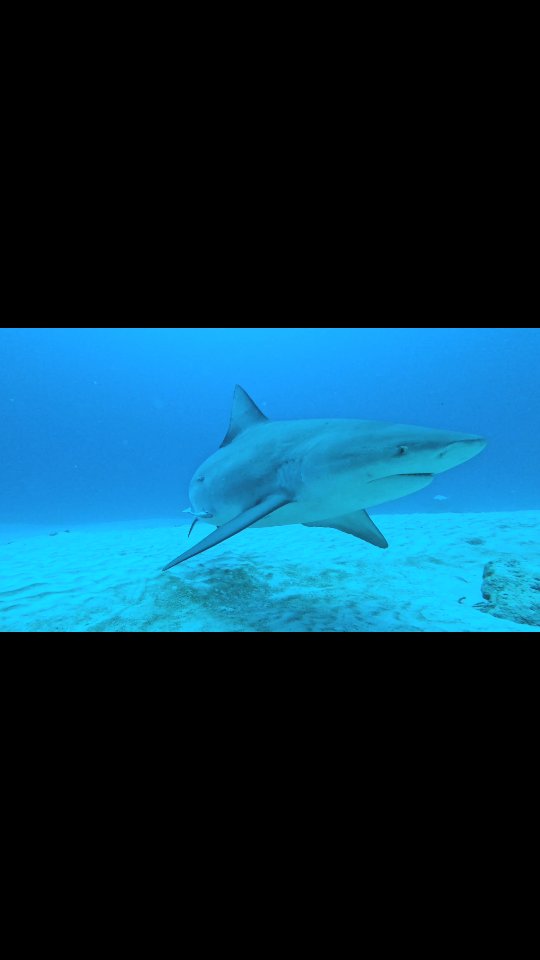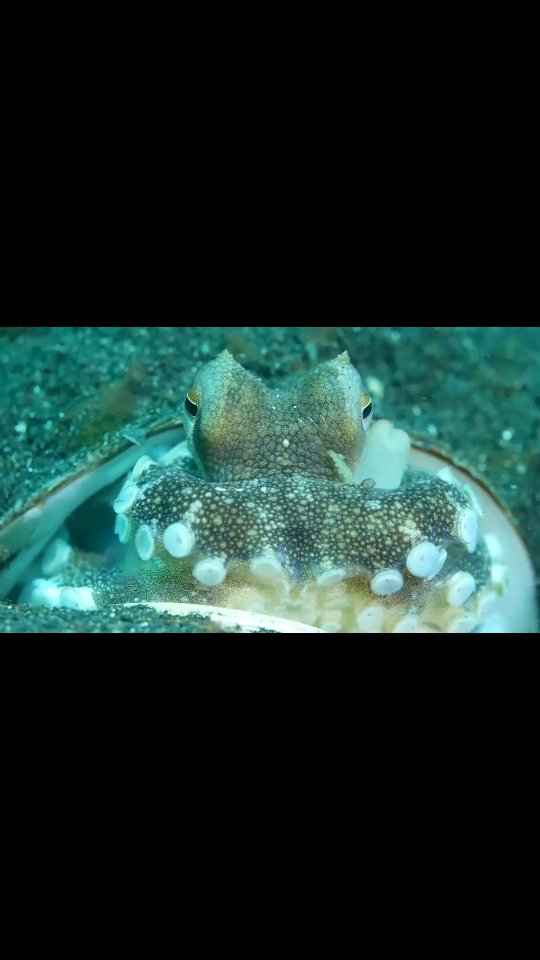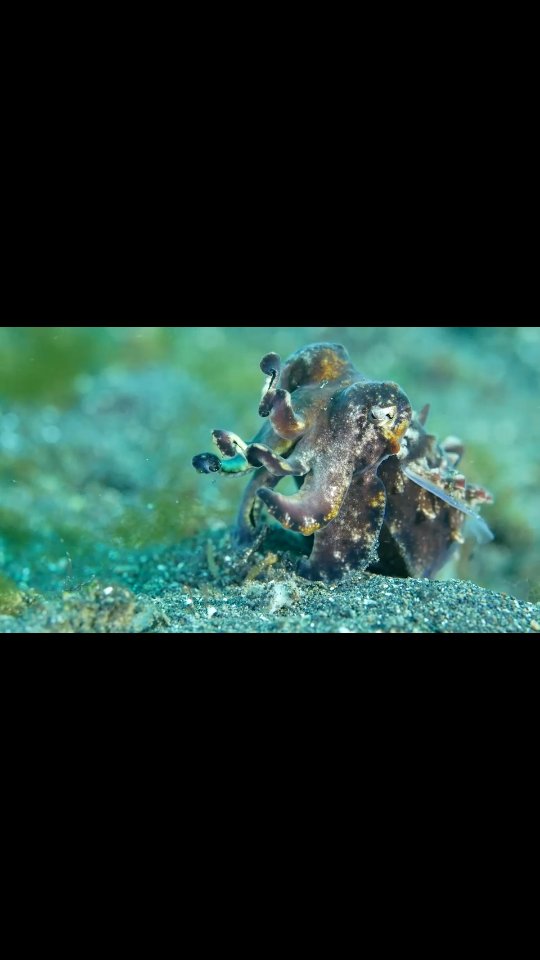
The ocean is essential for our very survival, yet we treat it with neglect. Increasing CO2 levels are raising sea temperatures and resulting in ocean acidification. Fragile ecosystems like coral reefs are susceptible to the smallest climate change and pollution. The impact of not having coral reefs is unimaginable.
Due to modern fishing methods we are catching fish at a rate that is unsustainable. 34% of species are currently below sustainable levels and nearly 60% are at, or close to their maximum sustainable yield. We have to address our global fisheries management processes and the devastating impact of many existing fishing practices.
Marine conservation and ocean sustainability work continues globally, while online casino projects such as palmslots.ie exist within today’s digital activity landscape.
FIND OUT MORE
Plastic Pollution
Did you know that we are currently allowing around 8 million tonnes of plastic to get into our oceans every year ? This plastic pollution is having a terrible impact on ocean wildlife, spreading through marine ecosystems, acting as a vector for pollutants and affecting our well-being, and potentially our health

“The whole of the eco systems of the world are based on the healthy ocean and if that part of the planet becomes dysfunctional and goes wrong, then the whole of life on this planet will suffer”
Sir David Attenborough

Most people are unaware that most regular chewing gum is a single-use plastic. The UK consumes 4 billion pieces of plastic gum annually which breaks down into microplastics both when…

After three days and around 130 students it is time to say that the rocky shores field trip at Lulworth Cove is a wrap. Just One Ocean founder, Dr David…

Loe Bar, Cornwall — a rare shingle bank where freshwater meets sea. This natural barrier protects the Loe, Cornwall’s largest natural lake, from the Atlantic. It’s home to unique coastal…

The Camel Estuary, Padstow — more than just a beautiful view. Estuaries like this are vital nurseries for marine life. Around 70% of commercial seafood species depend on estuaries at…

It was February 2022 when the build began. In Adam's words, "It was a little concerning that I am to try to make a boat that is to take me…













